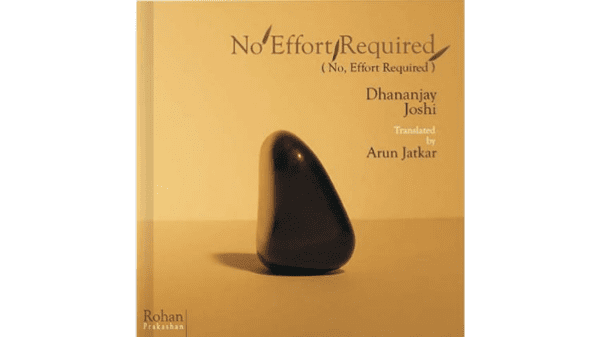My friend Dhananjay Joshi has published a book about his experiences with Zen Buddhist teachers.
https://www.bookspace.in/products/no-effort-required-by-dhananjay-joshi-arun-jatkar
Here’s one story. After dinner with one teacher, Dhananjay was cleaning up.
“I was about to start washing the pot in which I had cooked the rice. There were precisely two grains of rice sticking to the bottom of the pot. He said, ‘There is still some rice in the pot. Don’t waste it!’

“I picked those two grains with my finger and ate them. He smiled and said, ‘You must live in a meticulous way.’”
This story came to mind when I found an article about the practically nonexistent food waste in South Korea.
South Korea has almost zero food waste. Here’s what the US can learn | Environment | The Guardian
A few decades ago, when the country was very poor, people there had the mentality of Dhananjay’s Zen teacher, and very little food went to waste.
But as South Korea entered the ranks of wealthy nations, industrialized systems brought about waste of a kind known in America.
South Korea, however, has solved this problem to the point where again very little food goes to waste.
How?
Koreans buy 3-liter “designated food waste bags.” All they have to do is squeeze out the moisture and put the bag outside the door in a designated receptacle.
Curbside pickup is every day except Saturday.
Bags of waste are hauled off to a processing plant, where the contents are recycled into biogas, animal feed, or fertilizer.
Results have been remarkable. In 1996, South Korea recycled 2.6 percent of its food waste. Today it recycles close to 100 percent.
Part of the reason for this success is infrastructure: facilities exist for processing this waste. Much of the waste in the U.S. (even of supposedly recyclable material) occurs because such facilities of all kinds are rare or nonexistent—meaning that the little triangle of chasing arrows on the bottom of the juice bottle has very little to say about whether it will actually be recycled.
But I can’t help thinking that South Korea has done such a good job eliminating food waste because the mentality of Dhananjay’s Zen master is still alive there.
Today, people’s thoughts are fixed on Thanksgiving.
But this article is aimed at the day after Thanksgiving, when we will have to consider how much of that sumptuous dinner will make its way into the garbage.



